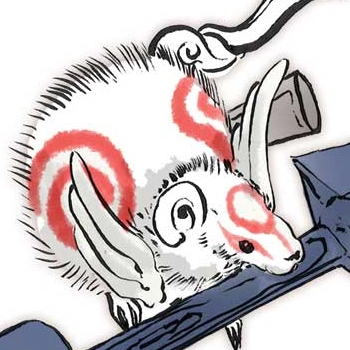So, say I get a set of chromosomes from my Mum which contains the X chromosome and the same from my Dad, but with the Y chromosome. I now have two sets of the same 22 chromosomes, plus an X and a Y.
For chromosome number one for example, is everything from my Dad’s side activated? My Mum’s? Or is is a random selection of genes within each chromosome?
And does the X chromosome do anything for me, or is it turned off, and only used if I pass it on to the next generation?
Follow up question: I believe that women actually recombine their X chromosomes when passing these on, but men can’t recombine X and Y. So everything on your Dad’s side stays the same. Does this have any impact? For example are you more likely to inherit genetic defects from your Dad’s side?


Best explanation so far. Nice work.
A couple of side points. OP’s X chromosome is definitely expressed. It has many genes that are essential to both men and women. It’s genes are not exclusively relating to sex differences. In fact, far from it.
Sex determination in humans is due (mostly) to a few genes on the Y chromosome. These both determine which sex organs will develop and also are critical for male fertility.
One of the major consequences of having a Y chromosome that doesn’t recombine with it’s partner X chromosome is that the Y chromosome has a tendency to lose genes and shrink over evolutionary times. This is prevented on chrX because it can recombine in females. It happens on chrY because there is little mechanistically to prevent it, and mutations resulting in loss are more common than those resulting in gain.